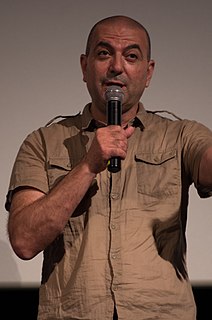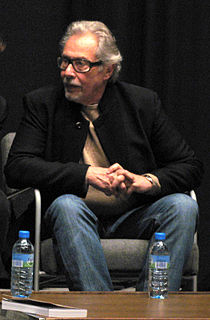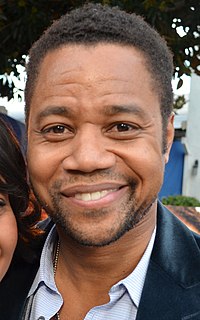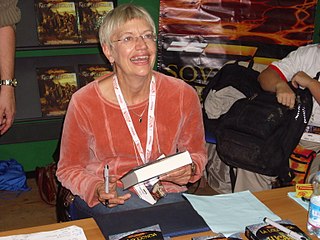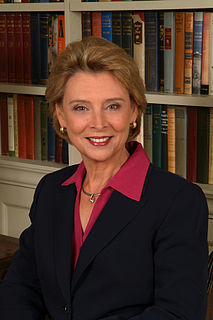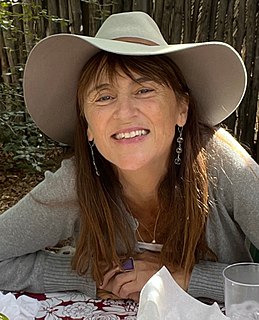A Quote by Paul Greengrass
You face challenges and you have to make choices. You're weighing the necessary responsibility toward reality and authenticity and of course the need to create a compressed drama over two hours.
Related Quotes
I like movies that deal with trapped men. Men that need to make choices that are not obvious or easy choices. Then how do you visualize this? You create this character conflicted between two sides, because drama is about the conflict of two things, between your duty and your will, between what you want and what you can't have. It is all conflict between two things, and this is why you put your character in a place where you can visualize the conflict.
Sometimes, when you grow up in one of these poverty-stricken neighborhoods where the educational system isn't the best, you don't realize that you have any choices. Often, kids don't appreciate the choices available, as if it's either the street or nothing. I want them to understand that reality is what's relative to you, and that you can make choices that allow you to create a new reality for yourself.
Of course, I was a little concerned about it being over two hours [in "Aquarius" ]. "Neighboring Sounds" was two hours and eleven minutes. This is two hours and twenty-five minutes, and I did try bringing it down. For instance, I considered cutting out the sequence with the family looking at pictures.
The Bible unites its interpreters as a shared focus of attention, but it does not demand consensus. On the contrary, it invites and prods us to make responsible choices, to take responsibility for the choices that we have made... It was always like that, and our holy scripture grows over the centuries, gets thicker and thicker, with more texts around, which need/have to be looked into, referred to, considered.
Courage is required to make an initial thrust toward one's coveted goal, but even greater courage is called for when one stumbles and must make a second effort to achieve. Have the determination to make the effort, the single-mindedne ss to work toward a worthy goal, and the courage not only to face the challenges that inevitably come but also to make a second effort, should such be required.
I hear, 'But why do poor people make such bad decisions?' But actually, their decision-making can be far more complex than that of the better-off in many ways. They're not financially illiterate: they're constantly weighing up choices based on the reality of poverty. Somehow the international development community has resisted accepting this.

